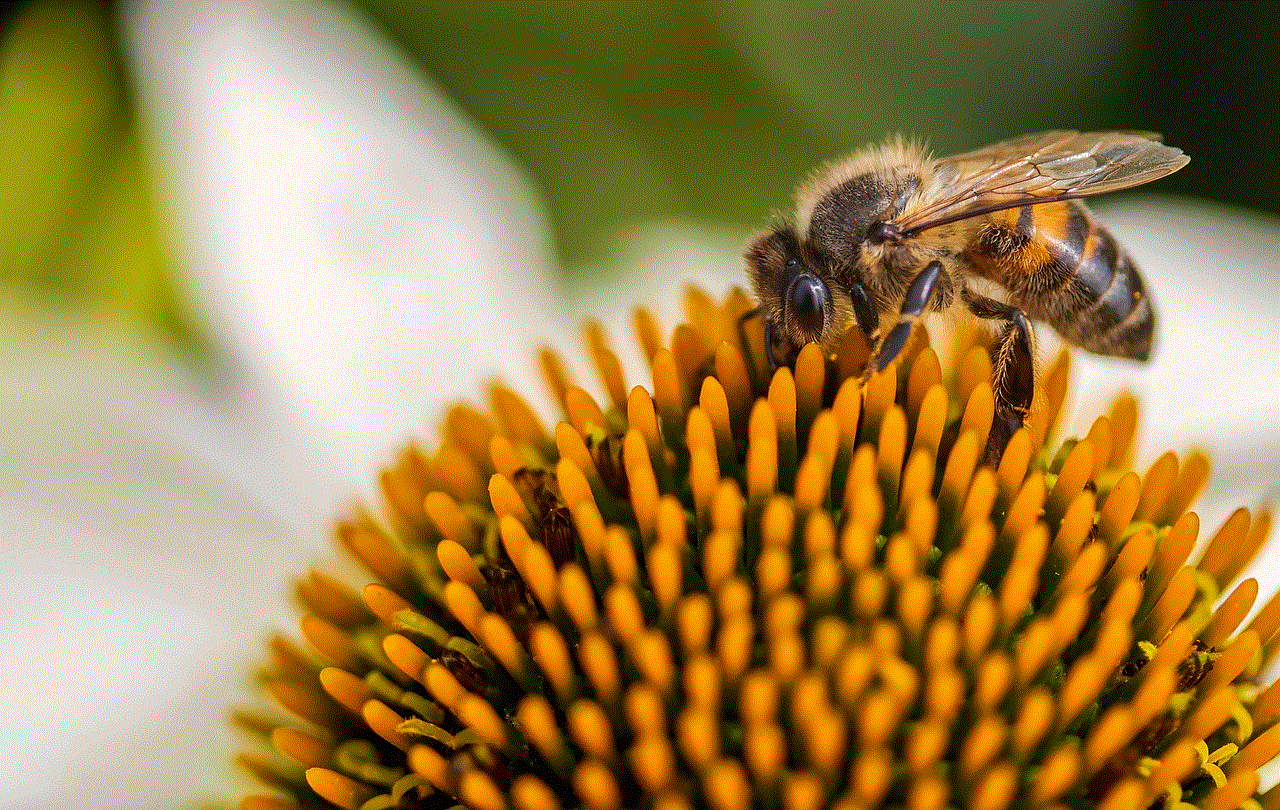appropriate punishment for 11 year old lying
Lying is a common behavior in children, especially during their developmental years. As they learn and explore the world around them, they may also test the boundaries and try to get away with things by telling a lie. However, it is essential to address this behavior early on and teach children the importance of honesty and integrity. As parents and caregivers, it can be challenging to determine the appropriate punishment for an 11-year-old who lies. In this article, we will explore the reasons behind lying in children, the potential consequences of lying, and effective ways to handle this behavior.
What Causes Children to Lie?
Before we dive into the appropriate punishment for an 11-year-old lying, it is crucial to understand the reasons behind this behavior. Children may lie for various reasons, and it is essential to identify the root cause to address it effectively. Some common reasons for lying in children include:
1. Fear of punishment: Children may lie to avoid getting into trouble. They may fear that they will be scolded, punished, or lose privileges if they tell the truth. For example, if an 11-year-old breaks a vase while playing, they may lie about it to avoid getting punished.
2. Wanting to fit in: Children may lie to impress their peers or to fit in with a particular group. They may exaggerate their achievements or make up stories to gain acceptance from their friends.
3. Attention-seeking: Children may lie to get attention from their parents or caregivers. They may feel neglected or overlooked and resort to lying to get noticed.
4. Poor self-esteem: Children with low self-esteem may lie to make themselves seem more desirable or interesting. They may feel that the truth is not good enough and resort to lying to make themselves feel better.
5. Lack of understanding of consequences: Some children may not fully comprehend the consequences of lying. They may not understand the impact it can have on others or the trust that may be broken.
The Consequences of Lying
Lying may seem like a harmless behavior, especially in children, but it can have significant consequences. Some of the potential consequences of lying in children include:
1. Loss of trust: Lying can break the trust between a child and their parents or caregivers. Once trust is broken, it can be challenging to rebuild.
2. Poor relationships: Lying can also affect a child’s relationships with their peers. If their friends cannot trust them, they may struggle to maintain healthy friendships.
3. Negative impact on mental health: Children who lie may experience feelings of guilt, shame, and anxiety. These negative emotions can take a toll on a child’s mental health.
4. Difficulty in school: Lying can also affect a child’s academic performance. If they are caught lying in school, it can lead to disciplinary actions, affect their grades, and damage their reputation among teachers and peers.
5. Legal consequences: In some cases, lying can have legal consequences. If a child lies about a serious matter, such as theft or bullying, it can lead to legal trouble.
Appropriate Punishment for an 11-Year-Old Lying
Now that we have discussed the reasons behind lying in children and the potential consequences, let us explore the appropriate punishment for an 11-year-old who lies. It is essential to note that every child is different, and what may work for one child may not work for another. Therefore, it is crucial to consider the child’s age, personality, and the severity of the lie when determining the appropriate punishment.
1. Use natural consequences: One effective way to address lying in children is by using natural consequences. For example, if a child lies about completing their homework, they should face the natural consequence of not getting a good grade. This approach helps children understand the impact of their actions without imposing harsh punishments.
2. Have an open and honest conversation: It is essential to talk to the child and understand the reason behind the lie. Having an open and honest conversation can help you address the root cause of the behavior and find a more effective solution.



3. Encourage honesty: Instead of focusing on the lie, praise the child when they tell the truth. This will reinforce the importance of honesty and encourage the child to be truthful in the future.
4. Set clear expectations and consequences: Children need structure and boundaries, and setting clear expectations and consequences can help them understand what is expected of them. If they know that lying will result in a specific consequence, they may be less likely to lie.
5. Model honesty: Children learn from their parents and caregivers, and it is crucial to model the behavior you want to see in your child. Be honest with them, and they will learn to be honest with you.
6. Give them a chance to make it right: If a child lies, give them a chance to make things right. For example, if they lied about breaking a toy, ask them to apologize and help fix it. This will teach them the importance of taking responsibility for their actions.
7. Do not shame or humiliate: Punishing a child by shaming or humiliating them can have long-lasting negative effects on their self-esteem. It is essential to discipline them without damaging their self-worth.
8. Use positive reinforcement: Positive reinforcement can be more effective than punishment in shaping a child’s behavior. Praise them when they are honest, and they will be more likely to continue being truthful.
9. Seek professional help: If lying is a recurring issue and is causing significant problems, it may be helpful to seek professional help. A therapist can help identify the underlying issues and provide strategies to address the behavior.
10. Be consistent: Consistency is key when addressing lying in children. Ensure that the consequence for lying is the same every time, and follow through with it. This will help the child understand that lying is not acceptable and has consequences.
11. Do not label the child as a ‘liar’: It is important not to label the child as a ‘liar.’ Instead, address the behavior and focus on finding solutions to prevent future lying.
12. Teach the value of honesty: Lastly, it is crucial to teach children the value of honesty. Talk to them about the importance of being truthful, the consequences of lying, and the trust that is built when they are honest.
In conclusion, lying is a common behavior in children that should not be ignored. As parents and caregivers, it is our responsibility to address this behavior and teach children the importance of honesty. The appropriate punishment for an 11-year-old lying may vary depending on the child’s personality and the severity of the lie. It is essential to use a combination of effective strategies, such as natural consequences, open communication, positive reinforcement, and setting clear expectations, to address this behavior effectively. Remember to be patient and consistent, and with time, your child will learn the value of honesty and integrity.



pokemon go hatch 5 eggs
Pokemon Go is a widely popular augmented reality game that has taken the world by storm. It allows players to catch, battle, and train virtual creatures known as Pokemon in the real world. One of the most exciting aspects of the game is hatching eggs, which can give players rare and powerful Pokemon. In this article, we will delve into the world of Pokemon Go and explore the process of hatching eggs, specifically focusing on the task of hatching 5 eggs.
To begin with, let us first understand what eggs are in the context of Pokemon Go. Eggs are special items that can be obtained by spinning PokeStops or by receiving them as rewards for completing certain tasks. These eggs contain Pokemon that are not readily available in the wild. The only way to hatch these eggs is by walking a certain distance, which varies depending on the type of egg. The more distance you walk, the rarer the Pokemon that will hatch from the egg.
Now, let us turn our attention to the task at hand – hatching 5 eggs. This task is one of the many challenges that players can complete to earn rewards in the game. It is a popular task among players as it not only gives them a sense of accomplishment but also has the potential to reward them with rare and powerful Pokemon. However, hatching 5 eggs is not an easy feat and requires dedication and patience.
The first step to hatching 5 eggs is to obtain the eggs themselves. As mentioned earlier, eggs can be obtained by spinning PokeStops, which are real-world locations that players can visit to collect items. The chances of obtaining an egg from a PokeStop are random, so it may take some time to get all 5 eggs. However, there are certain strategies that players can employ to increase their chances of getting eggs. These include spinning PokeStops in areas with a high concentration of PokeStops, using items such as Incense and Lure Modules, and participating in events that have increased egg drop rates.
Once you have obtained the 5 eggs, the next step is to hatch them. To do so, players need to walk a specific distance, which ranges from 2 km to 10 km, depending on the type of egg. This means that players will need to walk a total distance of 30 km to hatch all 5 eggs, which can be quite daunting for some. However, there are ways to make this task more manageable. One way is to use a Pokemon Go Plus device, which tracks your distance even when the app is closed. This allows players to continue hatching eggs while going about their daily routine.
Another way to make hatching 5 eggs more efficient is by using incubators. Incubators are special items that can be used to hatch eggs faster. They come in different types, with the most common being the regular incubator, which can be obtained by leveling up or purchasing them from the in-game shop. The regular incubator has limited uses, whereas other types of incubators, such as the super incubator and the limited-use incubator, can hatch eggs faster and have a higher number of uses.
Now that we have covered the basics of hatching eggs, let us discuss the rewards that players can expect from hatching 5 eggs. The most obvious reward is the satisfaction of completing a challenging task. However, the real reward lies in the Pokemon that hatch from the eggs. The eggs that players can obtain from PokeStops are categorized into three groups – 2 km, 5 km, and 10 km eggs. The 2 km eggs mostly contain common Pokemon, whereas the 5 km eggs have a mix of common and uncommon Pokemon. The 10 km eggs, on the other hand, have a higher chance of containing rare and powerful Pokemon, making them the most sought-after eggs in the game.
Some of the rare and powerful Pokemon that players can expect from hatching 5 eggs include Snorlax, Lapras, Dratini, and Chansey. These Pokemon are not readily available in the wild, making them highly desirable among players. In addition to these rare Pokemon, hatching eggs also gives players a chance to obtain Pokemon with high IV (Individual Value) stats. IV stats determine how strong a Pokemon is and are crucial for players who are looking to battle in gyms or participate in raids.
Apart from the rewards mentioned above, hatching 5 eggs also gives players a chance to earn experience points (XP) and stardust. XP is essential for leveling up in the game, which unlocks various features and rewards. Stardust, on the other hand, is used to power up and evolve Pokemon, making them stronger. Hatching 5 eggs can give players a significant amount of XP and stardust, which can be beneficial for their overall progress in the game.



In conclusion, hatching 5 eggs in Pokemon Go is a challenging but rewarding task. It requires dedication, patience, and a bit of luck, but the rewards are well worth the effort. From rare and powerful Pokemon to experience points and stardust, hatching 5 eggs can greatly benefit players in their journey to become the best Pokemon trainer. So, put on your walking shoes, fire up the Pokemon Go app, and start hatching those eggs! Who knows, you might just hatch your favorite Pokemon and become the envy of all your friends.